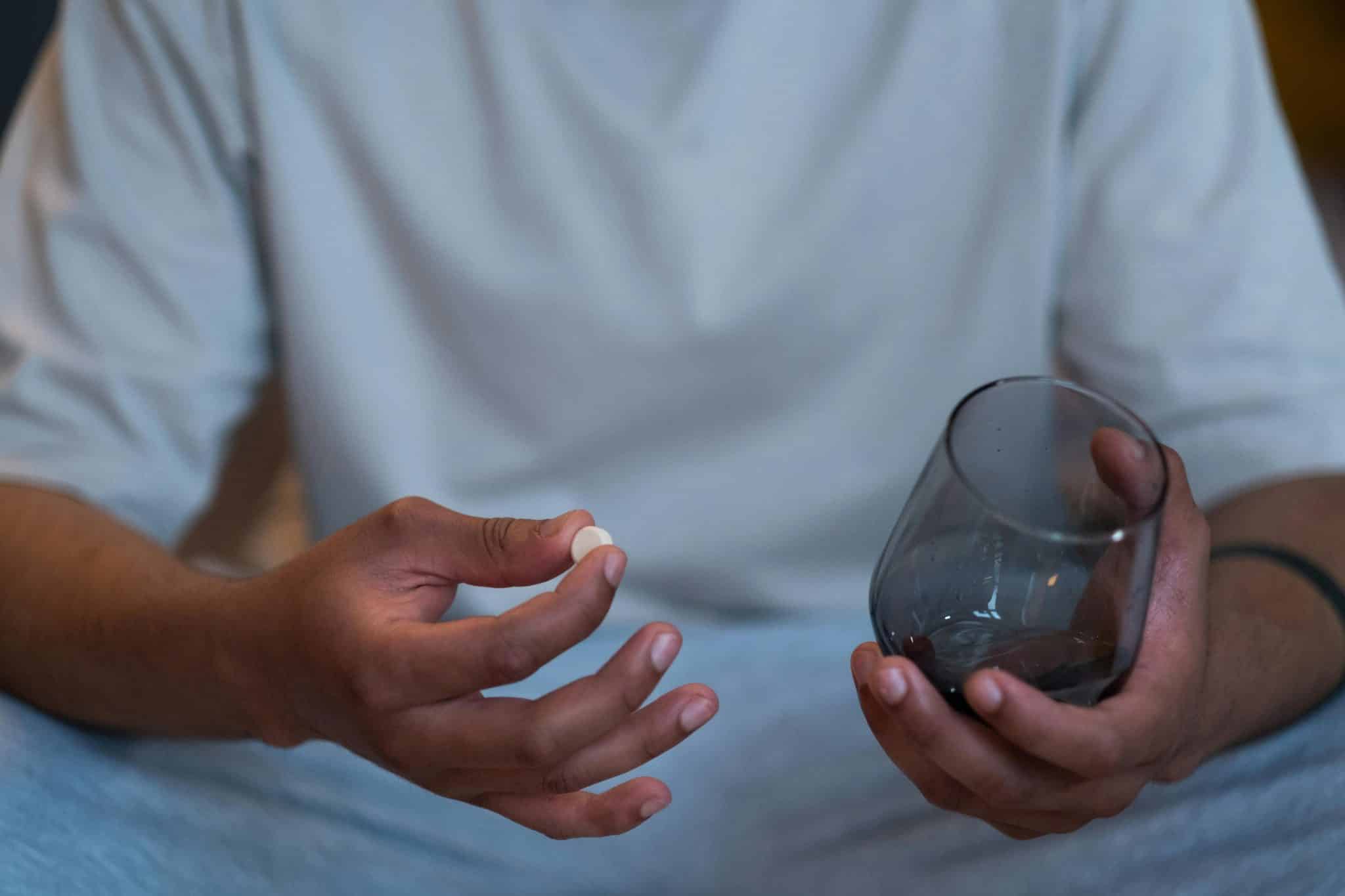What Happens If You Stop Taking Your OCD Medication Suddenly
Living with Obsessive-Compulsive Disorder (OCD) often requires a combination of therapy, self-care strategies, and prescribed medication. These approaches work together to help manage intrusive thoughts and compulsive behaviors. But what really happens when someone suddenly stops taking their prescribed treatment? Understanding the potential effects is important for long-term health and peace of mind.
Within the first few days of stopping OCD Medication without medical advice, unexpected changes may begin. This can feel overwhelming and may disrupt daily life more than anticipated.
Withdrawal Symptoms Can Be Intense
When the body gets used to a certain medication, stopping it abruptly can cause withdrawal symptoms. This is true for many mental health medications, including those prescribed for OCD, whether someone has been on a long-term SSRI or taking effexor for ocd as part of their treatment plan. These withdrawal effects vary for each person but can include dizziness, headaches, nausea, fatigue, and trouble sleeping. Some people feel like they have the flu. Emotional symptoms such as irritability and mood swings can also appear, making everyday tasks harder to manage.
It’s important to know that these symptoms can start within a day or two of the last dose. Some may feel fine at first, only to find withdrawal hitting them days later. The sudden shift can be both physically and emotionally challenging.
Risk of Rebound or Worsening Symptoms
Apart from withdrawal, stopping medication suddenly can cause the original OCD symptoms to return, sometimes more intensely than before. This is called a rebound effect. The brain, which has adjusted to the medication, may need time to recalibrate. During this period, intrusive thoughts and compulsive actions may come back stronger.
People often underestimate how quickly symptoms can return. What seemed manageable under treatment can feel unbearable again. This may lead to panic, confusion, and feelings of helplessness. In severe cases, daily routines and responsibilities can become impossible to handle.
Emotional and Mental Health Consequences
Beyond physical withdrawal, stopping medication abruptly can deeply affect mental well-being. Increased anxiety, mood swings, and depression can surface. For some, these emotional shifts may feel worse than the original condition.
Relationships can also suffer. Mood changes and sudden behavior shifts can confuse friends and family members. Misunderstandings can happen easily when someone stops medication without sharing their struggles. Social life and work performance can take a hit, creating additional stress and isolation.
Possible Risk of Self-Harm or Suicidal Thoughts
In some cases, stopping medication without medical guidance can lead to severe depressive episodes. Thoughts of self-harm or suicide may develop or worsen. This is a serious risk and should never be ignored. If such thoughts appear, immediate help from a mental health professional is crucial.
Family and friends play an important role here. Noticing sudden mood changes or warning signs can save lives. Open conversations and support can make a big difference during this time.
How to Stop Medication Safely
If stopping treatment ever feels necessary, the best approach is to do it under a doctor’s care. Health professionals usually recommend a gradual reduction in dosage. This tapering process helps the body adjust slowly, reducing withdrawal symptoms and lowering the risk of a rebound.
A doctor can also provide alternative support, such as therapy adjustments or lifestyle changes. Together, these steps make the transition smoother and safer. Patients feel more in control and less overwhelmed by sudden changes.
Support groups and counseling can also help. Talking with others who have gone through the same thing can ease the sense of isolation and fear that may come with making changes to treatment.
Stopping OCD Medication suddenly can lead to withdrawal, a sudden return of symptoms, and serious emotional consequences. It’s always safer to work with a healthcare provider when considering any changes.
With the right plan and support, managing OCD becomes much more achievable and less frightening. Taking small, guided steps is always better than facing the unpredictable side effects of sudden changes.








